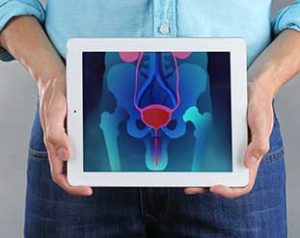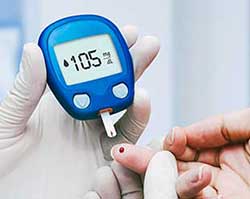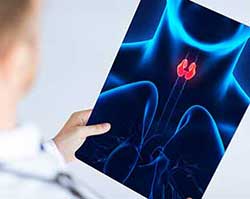Consult City's Top Doctors, The Minute You Need To
First Consultation starting
@ ₹349 ₹599
588
Fertility Specialists
10797
Cases done
by Fertility Specialists
1578
Hospitals
Overview
The dysmenorrheal is the pain or cramps in the pelvis or the lower abdomen and occurs with the onset of the menstrual cycle among women. Though it is entirely reasonable to experience such symptoms every month and generally has no underlying problems, still the chance of an affliction can’t be ruled out. Therefore, consulting a gynecologist is always advisable for such scenarios.
Dysmenorrhea Symptoms
Dysmenorrhea symptoms are common among women who are facing the onset of their periods. Such a condition shows the following characteristics:
Aching pain
Feeling of pressure in the lower abdomen
Pain in the hips, lower back, and inner thighs
Upset stomach, sometimes with vomiting
Loose stools
Painful pelvic cramps at the start of the period
Frequent mood swings
Causes of the Dysmenorrhea
Many factors can result in such a problem. A few dysmenorrhea causes that affect a woman during menstruation are listed below:
Hormonal imbalance
Uterus contraction
Sloughing of the uterus during the menstrual period
Unhealthy diet
Stress-related problems
Starting menstruation before 12 years of age
Alcohol, smoking and other bad habits
Lack of proper exercise
Dysmenorrhea and other Diseases
Dysmenorrhea associated with the onset of the monthly menstrual cycle is generally harmless so to speak, and the symptoms disappear within a few days after the conclusion of a menstrual period. However, due to a weakened immunity state of the body, there is a high chance that the person may contract diseases such as Sexually Transmitted Infection, Pelvic Inflammatory Disease, etc. Therefore, in the time of occurrence of such events, it is essential to consult a gynecologist for treatment.
Diagnosing Dysmenorrhea
The diagnosis of such affliction by the dysmenorrhea specialist is undertaken using the medical history of the patient and the frequency of the occurrence of the pain along with its intensity. The doctor may suggest dietary reforms and encourage desisting from bad habits to deal with the problem.
Dysmenorrhea Treatment
Specialists generally undertake Dysmenorrhea treatment by using laboratory testing, laparoscopy and gynecological ultrasonography. Medications like NSAIDs, hormonal birth control, etc., may be prescribed as well.
Seek out your dysmenorrhea doctors near you with the help of our website that lists such professionals for your convenience.
At mfine, we provide you with the best doctors you can find today.
Other Specialities
Give a missed call to 08061914343 to Download the App
































